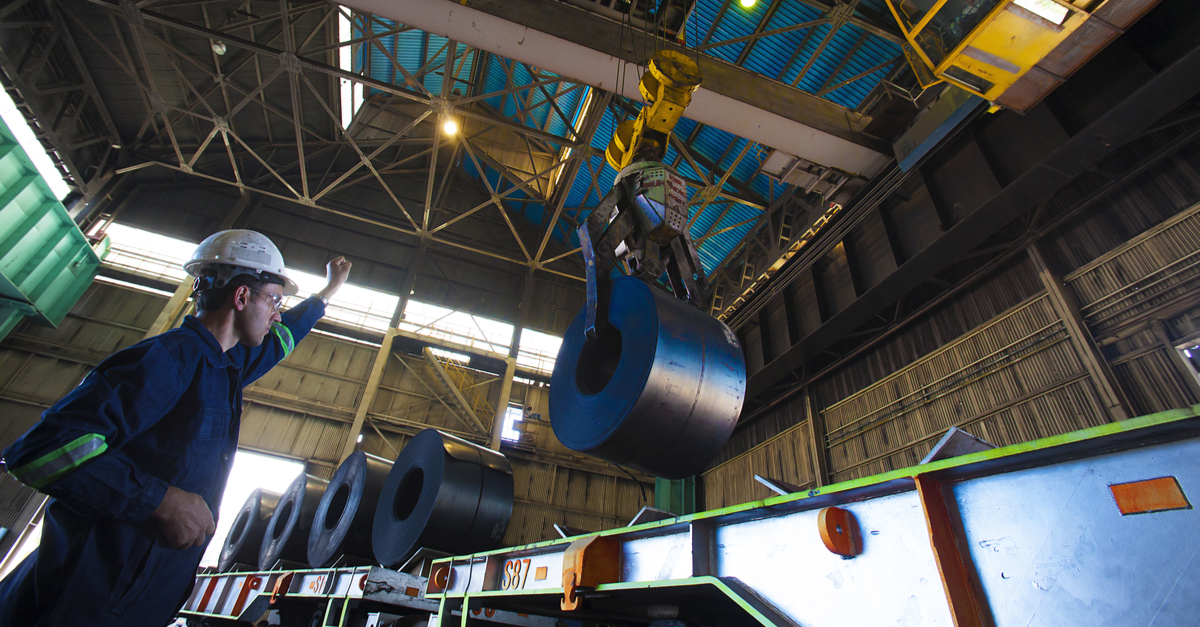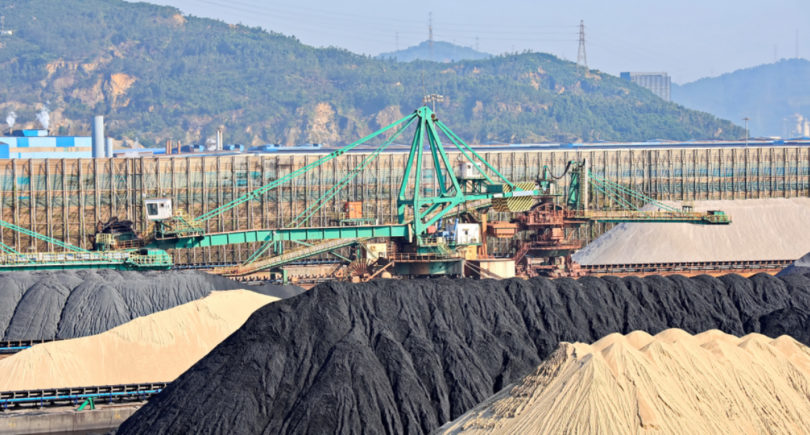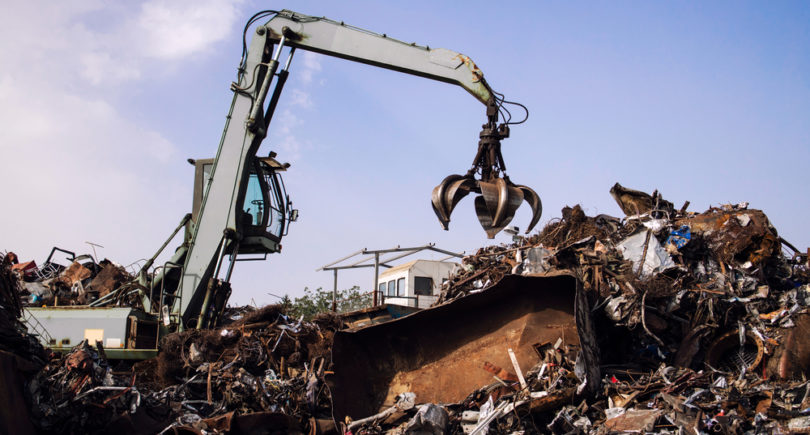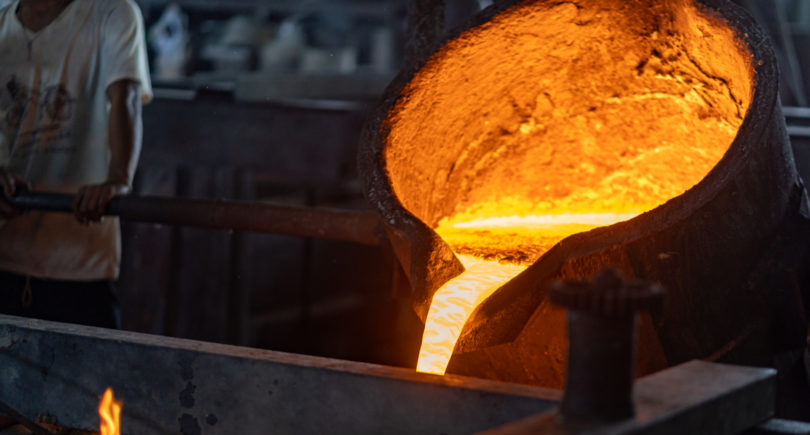
News Global Market steel production 2947 28 March 2024
The industry should focus on investments in high-quality products and renewable energy sources
Türkiye’s steel industry is in dire need of EU-style subsidies and support. This was stated by Yalcin Ertan, Chairman of the Aegean Steel Exporters Association (EIB), Kallanish reports.
«The country’s steelmakers should focus on investing in value-added products and developing renewable energy sources. They should also have easy access to financing and subsidies, as most Turkish steel is shipped to the European market,» he said.
According to Ertan, Türkiye’s steel exports in 2023 decreased to $14.8 billion compared to $21.6 billion in 2022. The reasons for the decline include higher energy, raw material and labor costs, as well as import quotas, protectionist measures and inflation.
«Energy subsidies for EU steel producers, low energy costs in Asia and high raw material costs have led to a loss of competitiveness in Türkiye,» Yalcin Ertan added.
The EU’s share of Türkiye’s steel exports dropped significantly in 2023, leading to a drop in local steel capacity utilization to 53-55%.
«For production and exports to be uninterrupted, the exchange rate and inflation must be well regulated. Despite the shortage of foreign currency, it is more important to encourage production and strive to increase exports rather than tame inflation with imports. After a long period, our country has become a net importer of steel again. This situation is another factor that affects competitiveness,» commented the EIB President.
He emphasized that 70% of raw materials for steel production are imported, and the industry needs foreign currency.
As GMK Center reported earlier, in 2023, Türkiye’s steelmakers reduced steel production by 4% compared to 2022, to 33.714 million tons, according to the World Steel Association. Last year, the average monthly steel production in the country amounted to 2.81 million tons, down 4.04% y/y.
In 2024, the industry plans to increase steel production to more than 40 million tons and, accordingly, exports of steel products.



